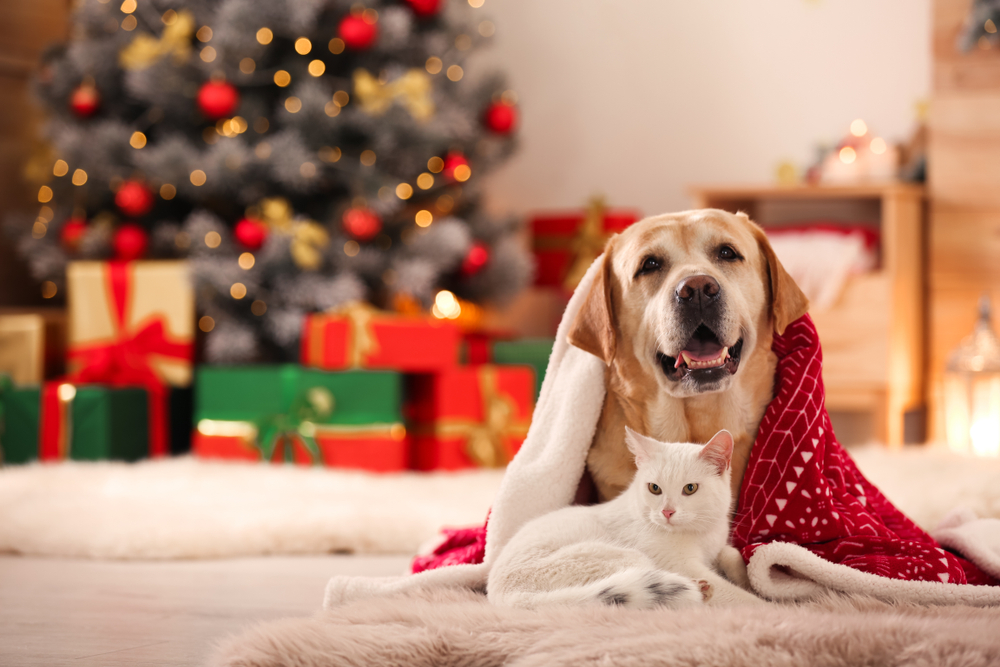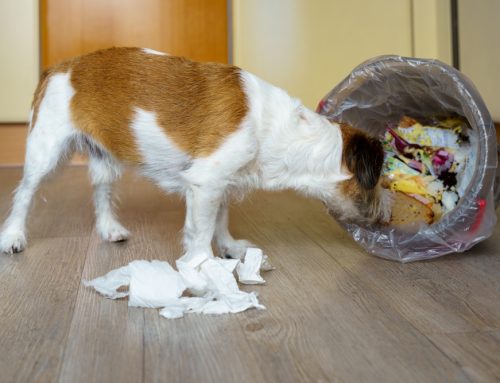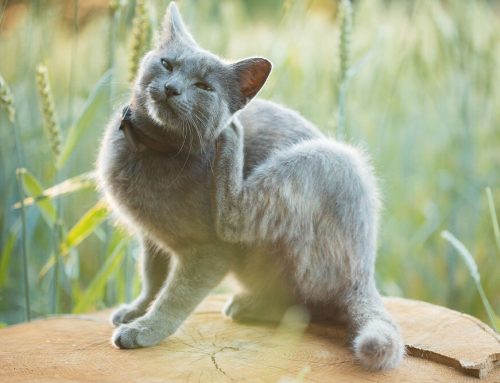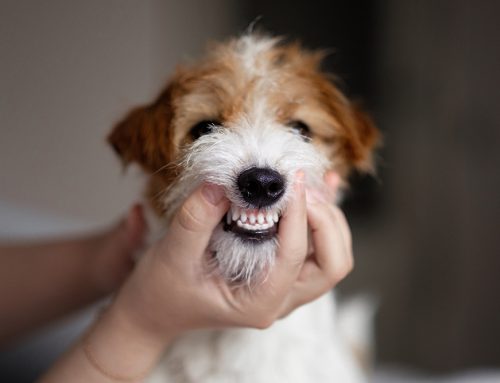As the holiday season approaches, homes will buzz with excitement and preparation. However, amidst the festive cheer, it’s crucial to ensure the safety of our pets, who might be exposed to potential hazards that accompany holiday celebrations. This guide offers essential tips and insights to help keep your pets safe and sound during the holiday festivities.
Common Holiday Hazards for Pets
Foods and Toxic Substances
The holidays bring an array of tasty treats that, unfortunately, can pose serious risks to pets. Items such as chocolate, which contains theobromine, and sugar-free sweets laced with xylitol are highly toxic to pets. Theobromine, found in chocolate, can cause vomiting, diarrhea, rapid breathing, increased heart rate, and even seizures. Xylitol, an artificial sweetener, can lead to a rapid insulin release, resulting in hypoglycemia (low blood sugar), seizures, and liver failure.
Even seemingly harmless foods like onions, garlic, and certain nuts can be dangerous. Allium species, such as onions and garlic, can cause oxidative damage to red blood cells, leading to hemolytic anemia in pets. Macadamia nuts can cause weakness, depression, vomiting, and hyperthermia. It’s vital to keep all such foods out of your pet’s reach and ensure guests do the same.
Medical Perspective
From a medical standpoint, the ingestion of toxic foods requires immediate action. The progression of symptoms can be rapid. For example, chocolate toxicity symptoms may appear within 6-12 hours, while xylitol can cause hypoglycemia in as little as 30 minutes. We recommend contacting a veterinarian or an emergency animal clinic immediately if you suspect your pet has ingested a harmful substance.
Decorations and Plants
Holiday decorations can turn a safe pet environment into a minefield. Tinsel, although attractive, can lead to intestinal blockages if ingested. Signs of obstruction include vomiting, loss of appetite, and lethargy. Christmas tree lights pose a risk of electric shock if chewed on, which can cause burns, difficulty breathing, or even cardiac arrest.
Several common holiday plants like poinsettias, holly, and mistletoe are toxic to pets. Poinsettias can cause mild gastrointestinal irritation, while holly and mistletoe can result in more severe symptoms like gastrointestinal upset, cardiovascular problems, or seizures. Opt for pet-safe decorations and be mindful of where plants are placed.
Diagnosis and Treatment
Diagnosis of ingestion is often based on the pet’s history and observed symptoms. Imaging or endoscopy may be necessary to locate obstructions. Treatment varies but may include induced vomiting, activated charcoal, fluid therapy, or surgery. Early intervention is crucial to prevent severe complications.
Stress and Noise
The hustle and bustle of the holiday season can overwhelm pets. Noise from parties and gatherings can induce stress and anxiety, manifesting as panting, pacing, hiding, or even aggression. Chronic stress can weaken the immune system and exacerbate existing health issues.
Behavioral and Medical Impact
Behaviorally, pets may become withdrawn or destructive. Medically, stress can lead to gastrointestinal disturbances or worsen conditions like heart disease. Consider regular check-ups to identify and manage stress triggers effectively.

Symptoms to Watch for During the Holidays
During the holidays, keep a close eye on your pet for any unusual signs such as a lack of appetite, lethargy, or sudden aggressive or fearful behavior. These symptoms may indicate stress or that your pet has ingested something harmful. Immediate action can prevent more severe health issues, so observing your pet’s behavior and physical health closely during this time is crucial.
Preventive Measures to Ensure Pet Safety
Training and Preparation
Preparing your pet for a busy household during the holidays can include training them to handle more people and noise. Establishing a quiet, safe space where your pet can retreat when overwhelmed is also beneficial. Additionally, gradual noise desensitization can help pets cope better with the loud and unfamiliar sounds of holiday celebrations.
Safe Alternatives
Instead of sharing table scraps, provide your pet with treats that are safe and healthy. Numerous pet-safe recipes and toys can make the holidays enjoyable for your pets without the risks. For more detailed guidelines on keeping your pets safe during the holidays, visit the Holiday Pet Safety page by the AVMA.
Home Care Tips
- Create a Pet-Safe Zone: Designate an area where pets can retreat from the festivities. This space should be equipped with their favorite toys, bed, and some calming music or white noise.
- Routine Maintenance: Maintain your pet’s routine as much as possible, including regular feeding times and exercise. This consistency helps reduce anxiety.
- Educate Guests: Inform guests about your pet’s boundaries and dietary restrictions. Provide them with safe treats if they wish to offer something to your pet.
Frequently Asked Questions
- What should I do if I suspect my pet has eaten something toxic?Contact your veterinarian immediately or call an emergency animal clinic. Provide information on what was ingested, how much, and when. You can also call the ASPCA Animal Poison Control Center at (888) 426-4435.
- How can I tell if my pet is stressed during the holidays?Look for signs like excessive panting, hiding, aggression, or changes in eating and sleeping habits. Providing a quiet space and maintaining a routine can help alleviate stress.
- Are there any pet-safe holiday decorations?Yes, consider using LED lights, which are cooler and safer, and avoid using tinsel and glass ornaments. Opt for artificial plants over real ones to avoid toxicity.
How Stanton Pet Hospital Can Help
During the holiday season and beyond, Stanton Pet Hospital is here to support your pet’s health with a range of services from emergency care to regular wellness check-ups and nutritional advice. If you’re concerned about your pet’s reaction to holiday stress or suspect they’ve ingested something toxic, our Urgent Care services are readily available. Let’s make this holiday season safe and enjoyable for everyone in the family, including our pets.






Leave A Comment